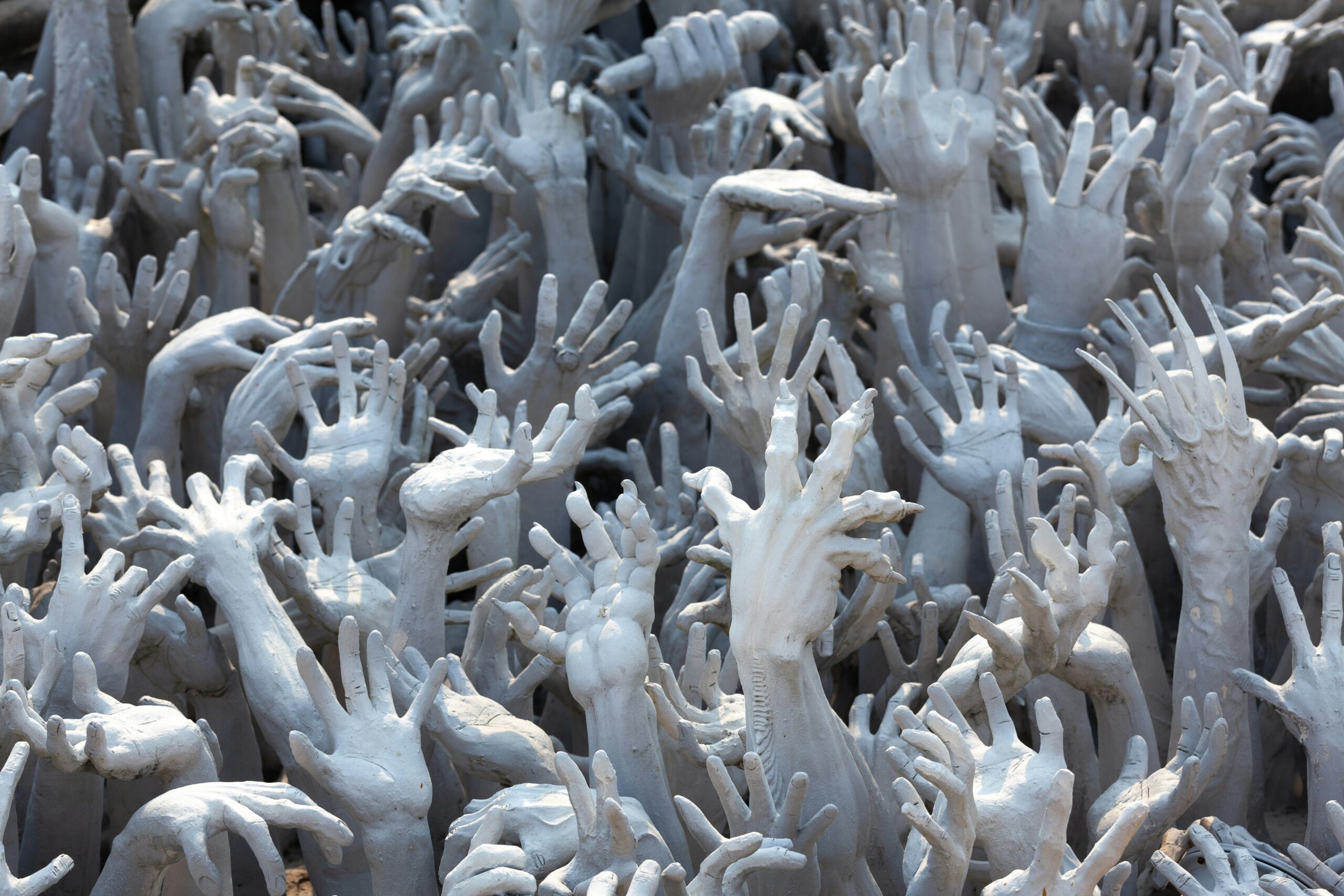Earlier this year, I read a really great book by journalist Omar El Akkad. Its provocative title: One Day, Everyone Will Have Always Been Against This. He was, of course, referring to the humanitarian crisis and genocide in Gaza, but one might also apply his words to a great many other crises throughout history. People forget: as much as people mourn the historicity of the Holocaust, at the time there was exceedingly little care for Jews. The phrase “None is too many” in Canada represents an unwillingness to admit Jewish refugees during what would become the twentieth century’s most infamous genocide. Historical indifference becomes indignant remorse. And now that the dust has settled, of course, people are horrified by how this could be allowed to happen.
I’m writing at a time when a United Nations Commission has found that Israel has committed genocide against the Palestinians in the Gaza Strip. Countries have begun to recognize the existence of Palestine as a state, nearly a century since the establishment of Israel. And yet, what remains of Palestine after about two years (arguably more) of “war” in the region? Rubble. Corpses. Famine. Heartbreak. The recognition of Palestine as a state, I’m afraid, is too little too late coming from a bunch of countries which, for the last two years, have done nothing to prevent this utter indifference to and waste of humanity. However, this is misleading. The reality is worse than what I’ve said. It’s not that these countries did nothing and watched. In fact, many are themselves complicit, having sent arms and munitions to Israel.
Look, I don’t need to tell you about how hellish this whole situation is. You’ve maybe seen it on the news, or more likely on social media. So, why do I bring it up at all? I bring it up because El Akkad was right. Even with the supposed “ceasefire”, is there any hint that there will be some justice for the Palestinians? No. The ceasefire has been violated, and aid continues to face blocks. But it’s okay because people are starting to wag their finger at the people responsible for this, two years too late.
I think this insight of El Akkad’s has far more significance than the current conflict, however. I think it’s indicative of our society’s mindset as a whole: act first, ask later. Cozy ideas like human dignity are only entertained when it’s convenient to do so and they don’t present some other kind of inconvenience for something that our society truly values, like money or power. If there is an inconvenience to anyone—that is, anyone already privileged—such talking points are likely to get a lecture on “the reality of the situation”. In fact, these people have it backwards: the reality is human suffering, while human institutions and systems—like nations, economies, corporations— are all made up. But of course, such a fact can only be acknowledged years after it will be able to affect anyone who had something to gain from the misery of their fellow human beings. Don’t believe me? Google what happened to Nazi scientists after the war. We say we care about people, but our concerns are only ever tied to fictions.
Welcome to fucking Wonderland.
Photo by Yaopey Yong on Unsplash

Leave a Reply